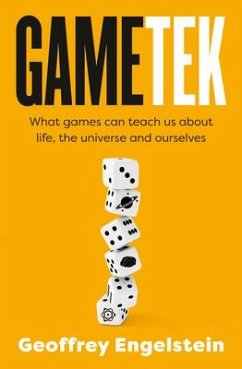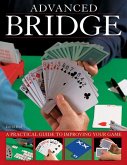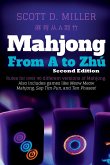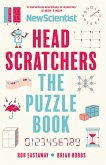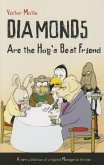What games can teach us about life, the universe and ourselves. If you shuffle a deck of cards what are the odds that the sequence is unique? What is the connection between dice, platonic solids and Newton's theory of gravity? What is more random: a dice tower or a number generator? Can you actually employ a strategy for a game as basic as Rock-Paper-Scissors? These are all questions that are thrown up in games and life. Games involve chance, choice, competition, innovation, randomness, memory, stand-offs and paradoxes - aspects that designers manipulate to make a game interesting, fun and addictive, and players try to master for enjoyment and winning. But they also provide a fascinating way for us to explore our world; to understand how our minds tick, our numbers add up, and our laws of physics work. This is a book that tackles the big questions of life through the little questions of games. With short chapters on everything from memory games to the Prisoner's Dilemma, to Goedel's theorems, GameTek is fascinating reading anyone for who wants to explore the world from a new perspective - and a must-read book for serious designers and players. PRAISE 'Math, physics, psychology and all the other stuff you didn't even realise you were using while playing board games! Dr E has opened the door to the game under the game in fascinating, fun detail. Now you have NO reason to ever lose again! Rock!' Tommy Dean, board-gamer and stand-up comic
Hinweis: Dieser Artikel kann nur an eine deutsche Lieferadresse ausgeliefert werden.
Hinweis: Dieser Artikel kann nur an eine deutsche Lieferadresse ausgeliefert werden.

